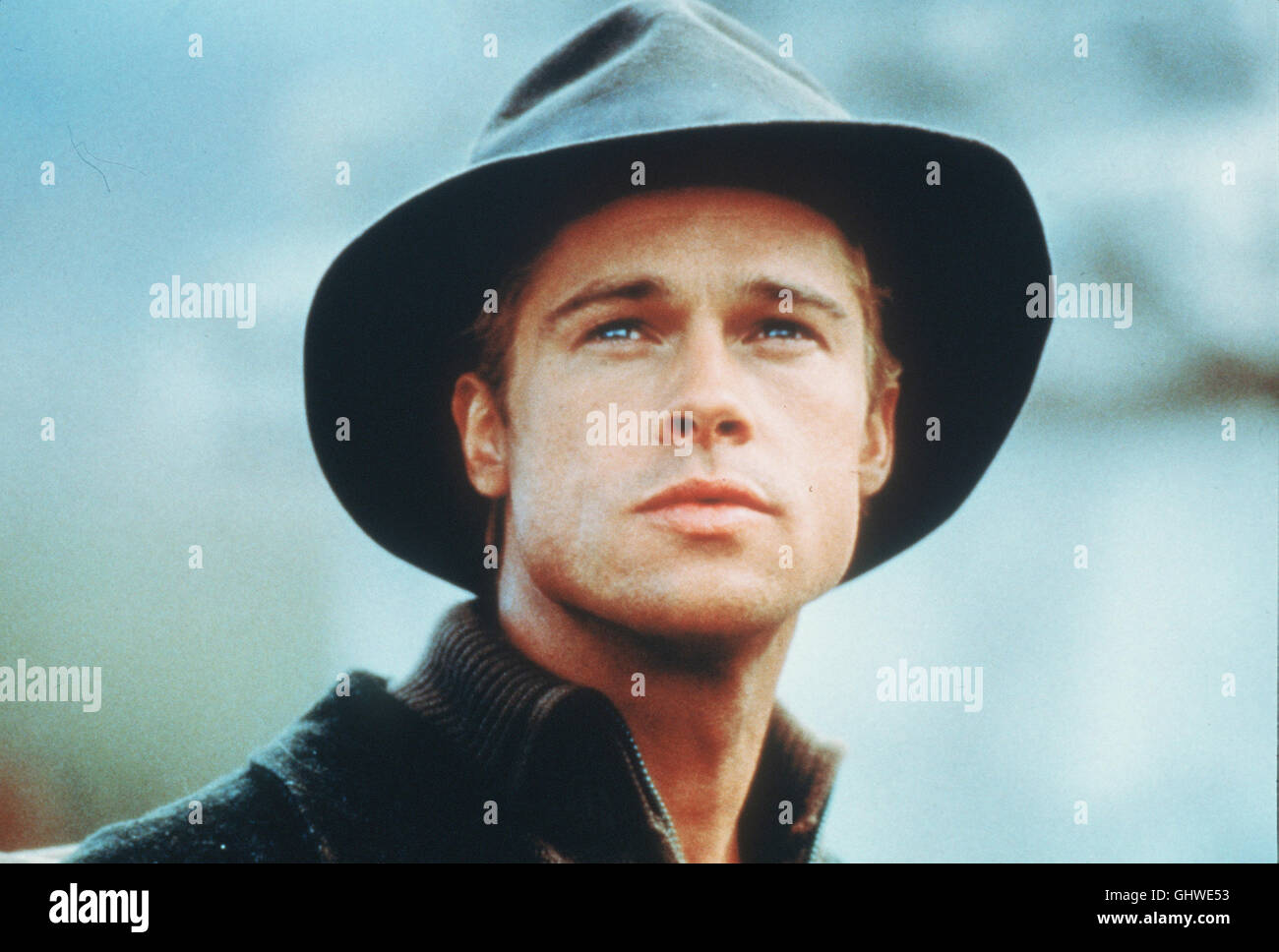

This summer, one day after meeting Simon Wiesenthal in Vienna, he issued a statement. Harrer, who is 85 now, kept quiet about his Nazi past until the Stern article was published. Whether that meant that he renounced previously held beliefs (or what exactly those beliefs were in the first place) is harder to ascertain. Harrer certainly lamented the Chinese takeover.

Toward the end of the film, as Pitt’s Harrer contemplates the takeover of Tibet by the intolerant, totalitarian Chinese, he says in a voice-over, “I shudder to recall how once, long ago, I embraced the same beliefs.” For instance, when, at the beginning of the film, Harrer and an expedition party leave Austria for the as-yet unscaled Himalayan mountain Nanga Parbat, a journalist calls Harrer “a distinguished member of the National Socialist Party.” (The year is 1939.) Someone else hands him a Nazi flag to place atop the peak. was an athlete who spent the entire war in Tibet.” Director Jean-Jacques Annaud subsequently made a few changes. At a press conference this fall, Brad Pitt declared: “You say ‘Nazi,’ and all these connotations like concentration camps come up. The news, revealed by the German magazine Stern this June, took the movie’s cast and crew by surprise. It failed to mention that Harrer had been a sergeant in Hitler’s SS. It has been widely reported that Seven Years in Tibet, the tale of Austrian mountaineer Heinrich Harrer’s trek through Tibet and his relationship with the Dalai Lama, was nearly released with an embarrassing omission.


 0 kommentar(er)
0 kommentar(er)
